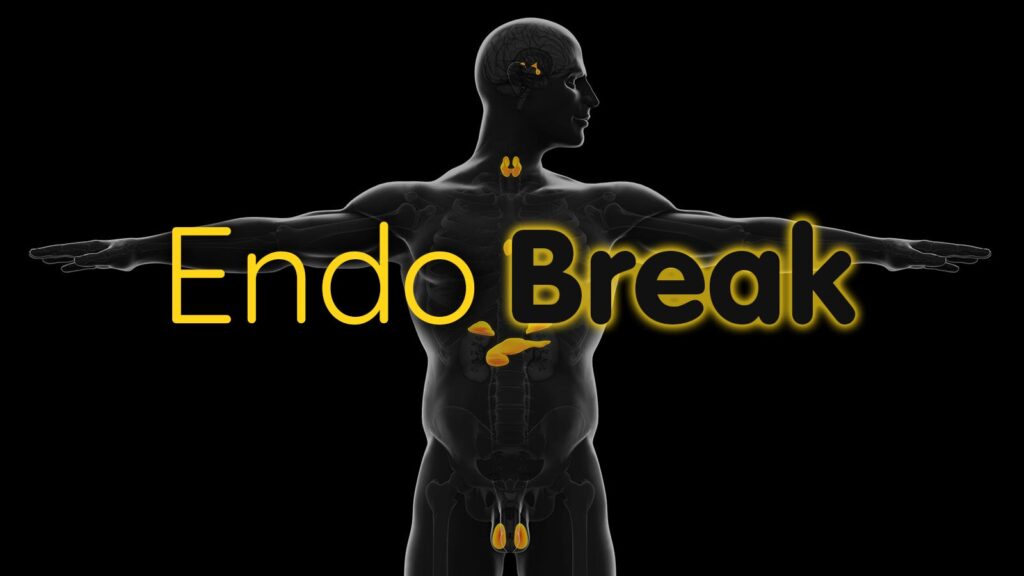The FDA accepted Neurocrine Bioscience’s new drug applications with priority review for crinecerfont, an investigational treatment for pediatric and adult patients with classic congenital adrenal hyperplasia (CAH), based on data from the CAHtalyst trials. If approved, it would be the first new treatment option for CAH in 70 years.
A study showed that a growth hormone peak to glucagon test under 5.8 μg/L is an accurate diagnostic cutoff for young adults with childhood-onset growth hormone deficiency and high probability of permanent deficiency. (Journal of Clinical Endocrinology & Metabolism)
The novel autologous dendritic cell therapy AVT001 did not result in dose-limiting adverse events and showed potential signals of efficacy in teens with type 1 diabetes, according to a small phase I/II trial. (NEJM Evidence)
Insulet submitted results from its SECURE-T2D study to the FDA with the goal of expanding the label of the Omnipod 5 automated insulin delivery system to also include patients with type 2 diabetes.
No gender-affirming procedures were performed on children ages 12 years and younger in 2019 in the U.S., while procedures on minors older than 12 were rare and almost entirely chest-related. (JAMA Network Open)
In related news, the Biden administration said it opposes surgery for transgender minors. (New York Times)
Public and private health insurers are removing coverage of new obesity drugs, leaving some patients despondent. (New York Times)
Do continuous glucose monitors (CGMs) for people without diabetes need more regulation? “There exists an urgent need for regulatory bodies to strengthen post-market clinical follow-up oversight for medical devices, including CGMs, to prevent off-label use further widening health inequalities,” wrote researchers in Diabetic Medicine.
Elenolic acid, a compound found in olives, boosted blood glucose control and weight loss in mice with obesity, according to a study presented at the American Society for Nutrition’s annual meeting.
Is it possible to be addicted to ultraprocessed food? (CNN)
Kristen Monaco is a senior staff writer, focusing on endocrinology, psychiatry, and nephrology news. Based out of the New York City office, she’s worked at the company since 2015.
>>> Read full article>>>
Copyright for syndicated content belongs to the linked Source : MedPageToday – https://www.medpagetoday.com/endocrinology/generalendocrinology/110900
